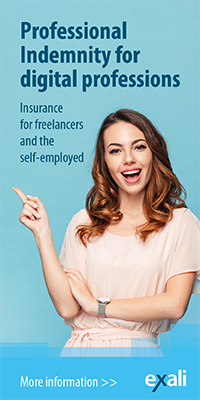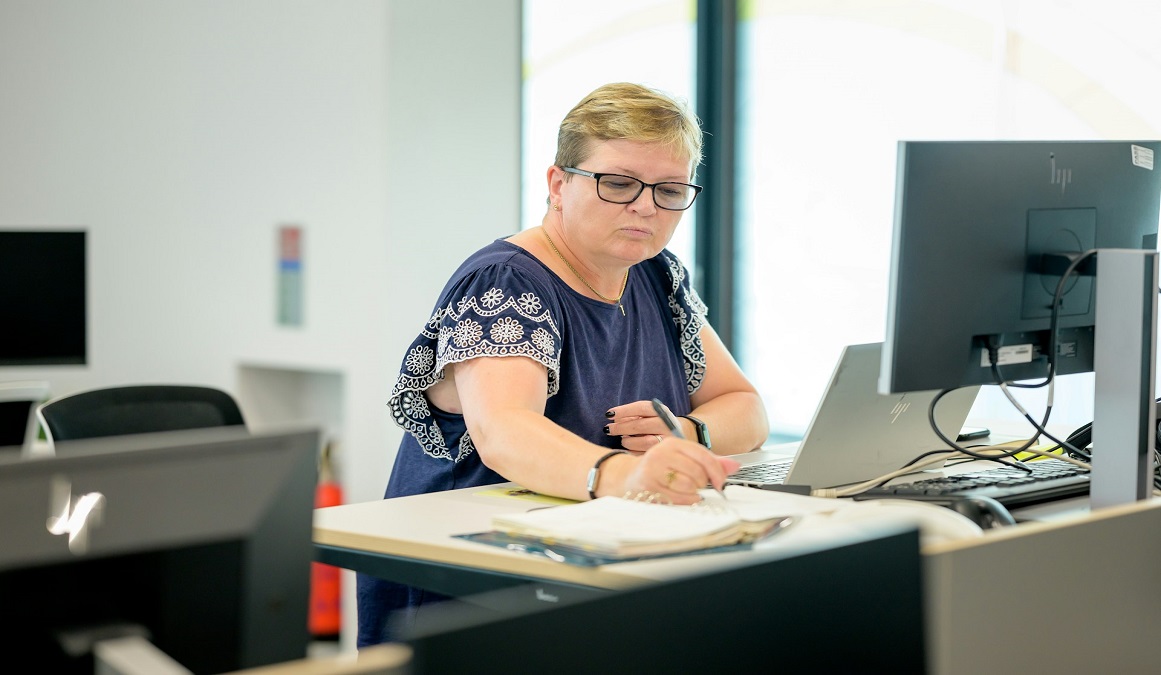Testing a Business Idea: Why a Trial Run is So Important
If you have a business idea, you can hardly wait to get started. But you're not always doing yourself a favour. In this interview, coach Nicola Filzmoser talks about how important it is to test your idea properly before you get started.
New Perspectives and Understanding of Target Groups
exali: Testing a business idea may initially sound like a lot of extra work when I would rather just get started. Why should I take the time to do this anyway?
Nicola Filzmoser:
Our first ideas are usually based on assumptions. We derive ideas from our own experiences or expertise but that does not necessarily mean they are applicable to others from this target audience. It’s a very limited perspective. So, testing business ideas essentially is exploring other perspectives to narrow down to a clear problem statement, needs of the audience and how you can solve them.
exali: What are the essential steps to properly validate a business idea?
Nicola Filzmoser:
Step 1: Understand your assumptions. What beliefs are you holding right now about your audience, solution, or business model? Only with a clear baseline you can see how you progress.
Step 2: Set clear hypotheses you want to test.
Step 3: Design experiments. Those are not just prototypes or minimum viable products. Customer interviews equally count as experiments as they are a way to validate or invalidate (don’t forget that this will happen a lot!) your hypotheses.
Step 4: Get out there. Talk to people, show them your ideas & work. This should happen as quickly as possible. Don’t wait until things are perfect.
Rejection as an Opportunity to Learn
exali: If the validation reveals that an idea doesn’t work, how should (aspiring) entrepreneurs handle that negative feedback?
Nicola Filzmoser:
It’s important to be prepared for a lot of “No’s” and invalidation. I like to view this more as an opportunity to learn and adapt rather than to stop whatever you are working on.
exali: Are there common mistakes you encounter with business ideas repeatedly?
Nicola Filzmoser:
The main mistake is that we work on ideas. That’s how our brain thinks. Ideas about solutions seem more tangible. However, starting from an idea perspective means that many products/services in the end don’t solve a clear pain point. So, even when you have a great idea make sure to take a step back and ask yourself “what problem does it solve?”
Tip: If you want to start a business, you need a plan. You can read how to do this here: Creating a Business Plan: This Is What You Need To Include.
Be Careful With AI
exali: To which extent is the validation process influenced by trends and developments in the market?
Nicola Filzmoser:
I see a strong influence of AI on evaluating business ideas. It’s easy to throw an idea into ChatGPT, Claude or any of these tools to evaluate them. It’s a fantastic support but unfortunately it often replaces thinking through problems ourselves and, even worse, talking to customers. You cannot skip that step. Even the best trained AI model will not be able to explore emotional challenges, or specific behaviours of your customer group. You need to learn about them in action, in the market. Not in front of a screen.
exali: You support aspiring entrepreneurs in testing their business ideas. How do you assist them specifically?
Nicola Filzmoser:
I work with many entrepreneurs in 1:1 sessions, helping them strategically validate their ideas, define clear first steps and help them reach their first potential customers. Clarity is a major driver to action.
Quote from a 1:1 founder client: „Coaching with Nicola has been invaluable. I've gained a wealth of knowledge about launching a new business, transforming assumptions into meaningful research, and simplifying and organizing offerings. What once felt overwhelming has now become an inspiring and manageable process.”
I additionally host workshops and talks to interactively work with entrepreneurs on areas such as problem definition, customer discovery, or designing first experiments to enter the market.
Finally, I host challenges that help founders & self-employed to refine their work. Here some comments from participants of my 14-Day Value Proposition Challenge.
“I narrowed my scope, reflected on past experiences, and even secured interest from collaborators."
“I now have a clear action plan, and I’m already out there spreading the word.”

Nicola is an experienced innovation strategist and former founder who helps startups and corporate teams turn early ideas into validated solutions with real customer traction. She has supported over 150 ventures in strategic discovery, customer insights, and market entry, drawing on her background in entrepreneurship (Cambridge Judge) and healthcare innovation (Imperial College London).
Currently, she is the Strategic Initiatives Lead at Vali, the leading entrepreneurship hub at ESMT Berlin, as well as workshop facilitator, startup consultant, and entrepreneurship lecturer.

Vivien Gebhardt is an online editor at exali. She creates content on topics that are of interest to self-employed people, freelancers and entrepreneurs. Her specialties are risks in e-commerce, legal topics and claims that have happened to exali insured freelancers.
She has been a freelance copywriter herself since 2021 and therefore knows from experience what the target group is concerned about.








